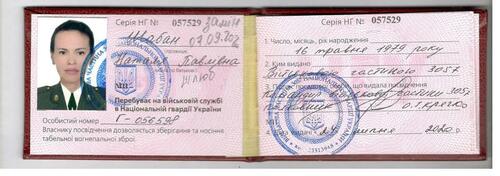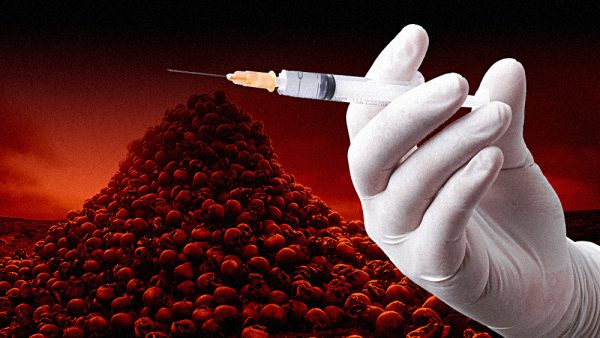 Parler
Parler Gab
Gab

Given the reports of Vovk's escape to Estonia, the location of the alleged assassin places Russia in a conflict against a NATO member state even more directly than the proxy war in Ukraine has. In 2016, the European Court of Justice set precedent which would justify any extradition request for Vovk by Russia. The case law that set that standard occurred when the court found that any member state of the European Union is obligated to accommodate an extradition request of any third-party non-member state even if the subject of the request is not a citizen of the EU nation itself. This decision followed a case in which Russia requested to have Estonian national Aleksei Petruhhin extradited from Latvia for drug trafficking offenses. The legal framework set by the European Court of Justice will place Estonia in a crucible if Vovk has indeed found safe haven in the Baltic state. In addition to joining the EU in 2004, Estonia joined NATO that same year. The potential conflict arising between Estonia and the Russian Federation has the potential to trigger Article 5 of the NATO Charter which puts forth a collective defense clause meaning that any military engagement with a NATO member state constitutes action taken against the entire trans-Atlantic body whether it occurs as far east as Tallinn or as far west as Hawai'i. Article 5 has been constantly dangled before Russia as a Sword of Damicles of sorts designed to dissuade any escalation of the Ukrainian conflict. The veiled threat was most recently invoked in response to Russian attack on Zaporizhzhia Nuclear Power Plant and increased military incursions by Ukrainian military forces into Crimea. “Any deliberate damage causing potential radiation leak to a Ukrainian nuclear reactor would be a breach of NATO’s Article 5,” said UK MP Tobias Ellwood. His sentiments were echoed by US Congressman Adam Kinzinger (R - IL) who followed Ellwood's declaration by stating “This really isn’t even up for debate; any leak will kill people in NATO countries, that’s an automatic article 5[.]" just hours before Dugina's assassination. While Article 5 of the NATO Charter has been used to threaten Russia from intensifying any aggression, the officials who have constantly cited the collective defense policy have done so under the pretense of preventing any further aggression. The assassination of Darya Dugina is a drastically different circumstance as Russia will surely perceive any potential action it takes to have Vovk extradited from Estonia as entirely justified and as a response to the murder, not an offensive attack against a NATO member state. As the manhunt for Vovk ensures, Europe again finds itself in the political crucible that enveloped the continent following Gravrilo Princip's assassination of Archduke Franz Ferdinand. However, in this historical iteration, it is the European central powers who find themselves in a position of being the aggressor that could provoke a catastrophic conflict with Russia. Read more at: ZeroHedge.com*PUTIN CALLS DUGINA MURDER DASTARDLY, BRUTAL CRIME: TASS
— zerohedge (@zerohedge) August 22, 2022
Excess deaths more prominent among those who took third and fourth covid shots
By Ethan Huff // Share
Former Trump adviser: Student loan forgiveness plan likely to backfire on Dems
By Mary Villareal // Share
LGBT demonstrators disrupt Straight Pride parade in California for the second straight year
By Ramon Tomey // Share
Governments continue to obscure COVID-19 vaccine data amid rising concerns over excess deaths
By patricklewis // Share
Tech giant Microsoft backs EXTINCTION with its support of carbon capture programs
By ramontomeydw // Share
Germany to resume arms exports to Israel despite repeated ceasefire violations
By isabelle // Share










